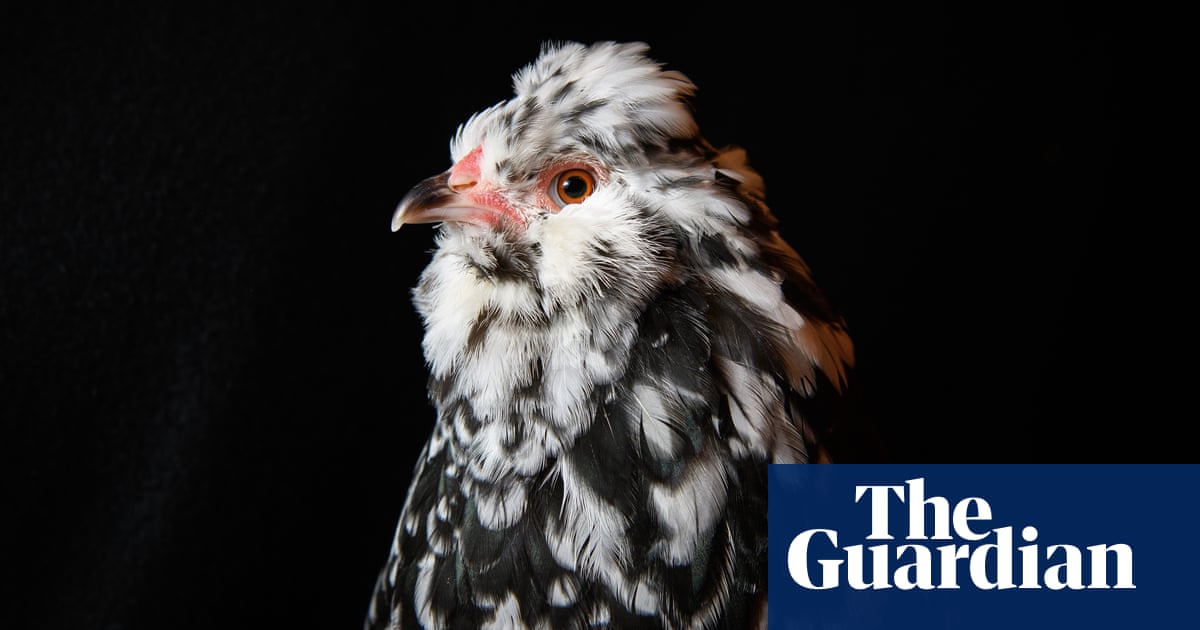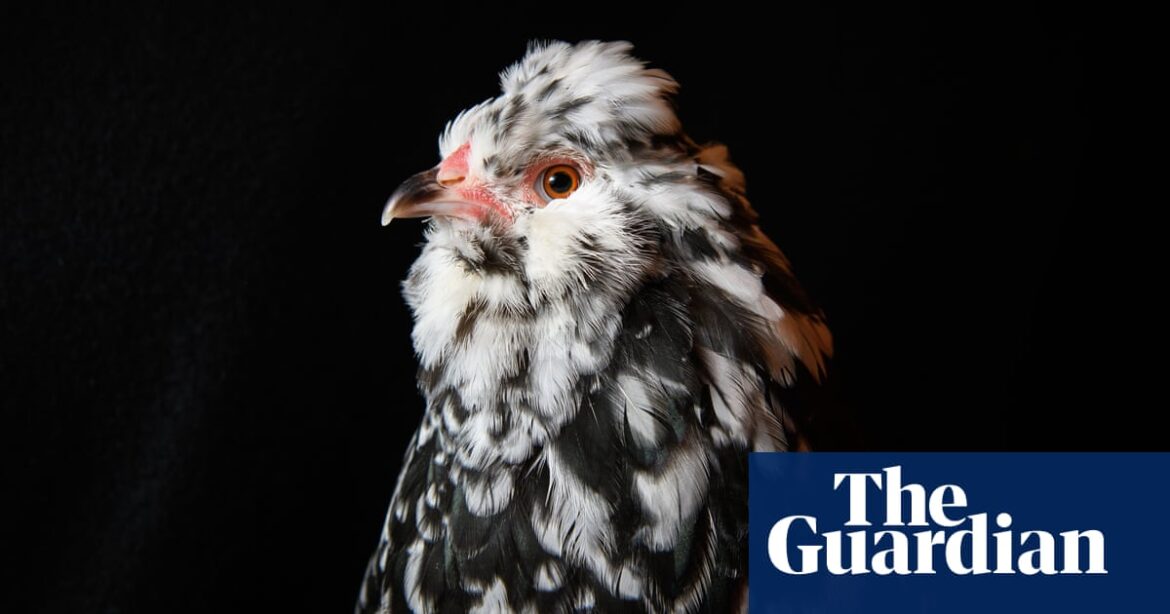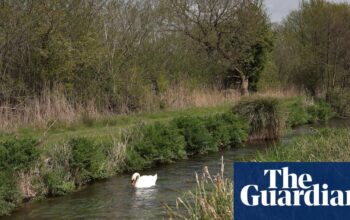
All of the UK’s native breeds of chicken, duck, geese and turkey are under threat because of bird flu, a report from the Rare Breeds Survival Trust (RBST) has found.
The disease, which has swept the globe after it originated in poultry farms in Asia, has caused devastating declines in bird populations. It has also now jumped to mammals and some cases have been found in humans, though it has not been found to be spreading from human to human.
The annual watchlist produced by the RBST also highlights concerns for native pig breeds. British Pig Association data shows declining numbers overall for the priority category pig breeds, including the Berkshire pig (total sows down from 363 in 2021 to 288 in 2023) and the Tamworth pig (total sows reduced from 304 in 2020 to 239 in 2023).
These declines continue after the pig market failure caused by rising costs, meaning farmers were being offered less than the cost of production for their products. The UK pig population has fallen from about 8m in the 1990s to just over 5m today.
The Rare Breeds Survival Trust chief executive, Christopher Price, said: “Today’s new RBST watchlist reflects the major challenges faced by people keeping pigs and poultry over the past two years, notably the avian flu outbreaks and the sustained increase in animal feed and husbandry costs. We have moved all native poultry breeds to the priority category as we continue providing urgent support for these irreplaceable breeds’ conservation.
“Seven of the UK’s 11 native pig breeds remain in the priority category, with most of the rare pig breeds now showing a sustained downward trend in total sow numbers. The at-risk Welsh pig, for example, has fallen from 457 sows in 2020 to 296 in 2023. We must reverse these worrying declines before it is too late.”
Native breeds of livestock are often used in rewilding projects for grazing because they tend to be hardier, so do not have to be kept indoors. Native poultry breeds are often seen as more sustainable and preferable to broiler chickens from an animal welfare perspective because they grow more slowly and tend to be kept free range.
after newsletter promotion
Tom Davis, and RBST trustee and farm manager at Mudchute Park & Farm in east London, said: “The UK’s brilliant array of rare and native poultry is under serious threat. Under the continued threat of avian influenza, there is a clear decline in active breeding programmes – and when breed populations are so low, losing flocks can be devastating. Collecting comprehensive rare breed poultry data to steer conservation efforts is a serious challenge, and we really need more people to be encouraged to keep these birds and work with RBST and breed societies to help conserve them for the generations of the future.”
Source: theguardian.com



